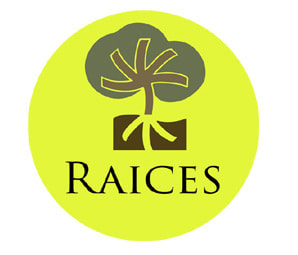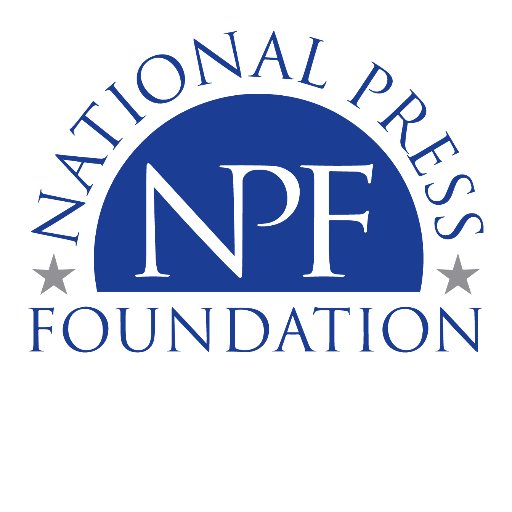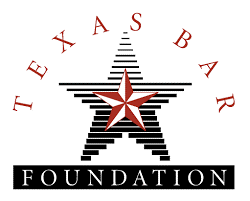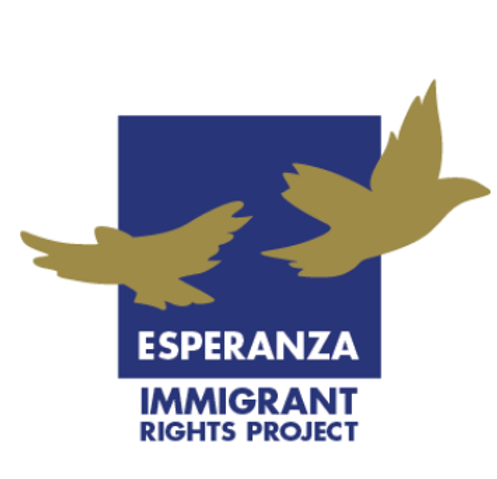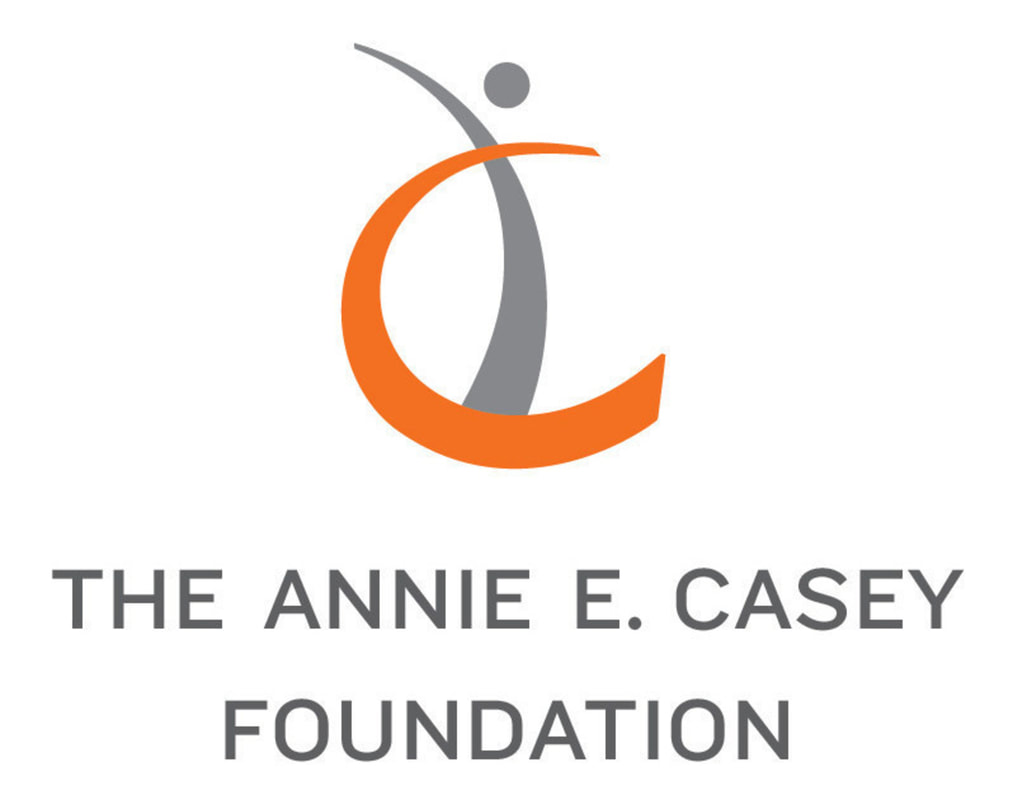Trainings
All trainings include:
- Pre-test
- Post-test and feedback
- Focus groups with staff to identify training needs
- Implementation plans
- Follow-up sessions
- Resource handouts
Trauma-Informed Interviewing
Trauma-Informed Interviewing
When working with immigrant families
Trauma-informed interviewing is essential for lawyers and law students working with immigrants seeking relief in legal cases. This workshop provides an overview of trauma-informed interviewing and a chance to practice using important techniques and resources.
Training Objectives:
Audiences: lawyers, law students, professionals
Timeframe: 1-2 Hours
Training Objectives:
- Define trauma, trauma responses, and secondary/vicarious trauma;
- Discuss the link between trauma and migration;
- Review trauma-informed interviewing with considerations for both in-person and virtual settings; and
- Secondary trauma & burnout prevention.
Audiences: lawyers, law students, professionals
Timeframe: 1-2 Hours
Mixed-Status Families
Mixed-Status Families
Providing culturally responsive & trauma-informed services
This workshop is for all social service providers, lawyers and educators who work with the undocumented community. We discuss trauma, migration, contemporary immigration policies, and available resources to help you provide comprehensive, trauma-informed and culturally responsive services to your clients.
Training Objectives:
Audiences: professionals, lawyers, and educators
Timeframe: 1-2 Hours
Training Objectives:
- Provide an overview of trauma and its impact on mixed status families;
- Define various immigration statuses, legal remedies, and opportunities to access social services;
- Describe unique parenting stressors and challenges; and
- Discuss interventions and tools to support families in the face of potential separation.
Audiences: professionals, lawyers, and educators
Timeframe: 1-2 Hours
How this Work Affects Us
How this Work Affects Us
Secondary trauma, grief, and healing
Training Objectives:
Audience: legal, clinical professionals, volunteers
Timeframe: 1-2 Hours
- Learn the basics of trauma, secondary trauma, and burnout, including interpersonal, organizational, and systemic factors;
- Apply this knowledge to the unique settings of your work;
- Better understand the process of grief, particularly during a global pandemic; and
- Discuss avenues for healing at the individual, organizational, and community levels.
Audience: legal, clinical professionals, volunteers
Timeframe: 1-2 Hours
Trauma 101
Trauma 101
Trauma training for legal staff
Learning Objectives:
Timeframe: 1-2 Hours
- Define common elements of, cause of, and responses to trauma;
- Discuss trauma-informed care and what you can do;
- Review trauma-informed interviewing;
- Discuss your experiences with clients; and
- Discuss secondary trauma and self-care
Timeframe: 1-2 Hours
Dare to Lead
Dare to Lead
Full curriculum or components offered
Key Learnings:
*This course is taught by a certified Dare to Lead™ Facilitator.
- Vulnerability (uncertainty, risk, and emotional exposure) is the foundational skill set of courage.
- Self-awareness plays in daring leadership.
- It's armor - not fear - that is the greatest obstacle to daring leadership.
- Four skill sets that makeup courage: rumbling with vulnerability, living into our values, BRAVING trust, and learning to rise.
- Courage is a collection of four skill sets that are measurable, observable, and teachable.
- Vulnerability is the birthplace of many of the behaviors that define daring leadership including creativity, accountability, and difficult conversations.
- Daring leadership requires sowing up for hard conversations and rumbles, including giving and receiving feedback
*This course is taught by a certified Dare to Lead™ Facilitator.
Customized Trainings and Topics
Customized Trainings and Topics
Based on the needs of your agency, we can develop customized trainings for legal and social service providers, volunteers, students, and other interested parties. We can adapt trainings to last 1 hour to an entire day. We are able to provide trainings online or in person.
Mental Health Assessments for Immigration Cases
For non-profit and private practice therapists
As mental health professionals, we can provide invaluable support for immigration cases due to our specialized knowledge and skills. This training will teach you how to apply your clinical knowledge and further develop your assessment skills to support immigrants and asylum seekers. After completing this training, you will have the skills to incorporate these evaluations in your practice and as a member of the Mental Health Collaborative.
You will receive 4 CUE credit hours after completing this training.
*This training is formatted for up to five participants.
Training Objectives:
1. Define various types of immigration relief and types of evaluations;
2. Discuss the ethical considerations of conducting immigration evaluations;
3. Review assessment and interviewing skills; and
4. Learn the process of writing evaluation reports.
Audiences: Licensed mental health professionals
Timeframe: 4 Hours
You will receive 4 CUE credit hours after completing this training.
*This training is formatted for up to five participants.
Training Objectives:
1. Define various types of immigration relief and types of evaluations;
2. Discuss the ethical considerations of conducting immigration evaluations;
3. Review assessment and interviewing skills; and
4. Learn the process of writing evaluation reports.
Audiences: Licensed mental health professionals
Timeframe: 4 Hours
Supporting Immigrant Families Post-Reunification
In this 90-minute workshop will provide knowledge and skills for best practices for working with unaccompanied children and families post reunification. We will outline how trauma and attachment disruption impact families, discuss family engagement practices, and review boundaries and self-care.
Learning Objectives:
Learning Objectives:
- Review the impact of trauma and attachment disruptions on family dynamics
- Family Engagement strategies
- The 3 R’s of family engagement
- Managing resistance
- Family engagement values (based on TXPOP practice model)
- Practices that support rapport and trust
- Boundaries
- Navigating boundary challenges
- Self-care planning
Consultation
Processing Groups
Processing groups provide a unique opportunity to share multiple perspectives and receive support, encouragement, and feedback.
Our processing groups allow professionals working with immigrants, refugees, and asylum seekers to process experiences of working directly with clients and of being exposed to trauma by providing a safe space to discuss experiences, receive mutual support, gain skills to navigate stressors, and prevent burnout.
Group topics can include trauma, secondary trauma, burnout, grief, challenges of facing oppression and crises in the broader world while trying to do immigration work, boundaries, and self-care.
We can facilitate in-person and virtual processing groups session for 2 to 10 individuals. Groups can be an ongoing series or a limited series of 2-8 group meetings depending on your organization’s needs.
Our processing groups allow professionals working with immigrants, refugees, and asylum seekers to process experiences of working directly with clients and of being exposed to trauma by providing a safe space to discuss experiences, receive mutual support, gain skills to navigate stressors, and prevent burnout.
Group topics can include trauma, secondary trauma, burnout, grief, challenges of facing oppression and crises in the broader world while trying to do immigration work, boundaries, and self-care.
We can facilitate in-person and virtual processing groups session for 2 to 10 individuals. Groups can be an ongoing series or a limited series of 2-8 group meetings depending on your organization’s needs.
Individual Meetings
Girasol’s Program Coordinator will meet with your organization’s leadership to understand the unique needs and challenges that professional staff faces in their work with immigrants, refugees, and asylum seekers.


